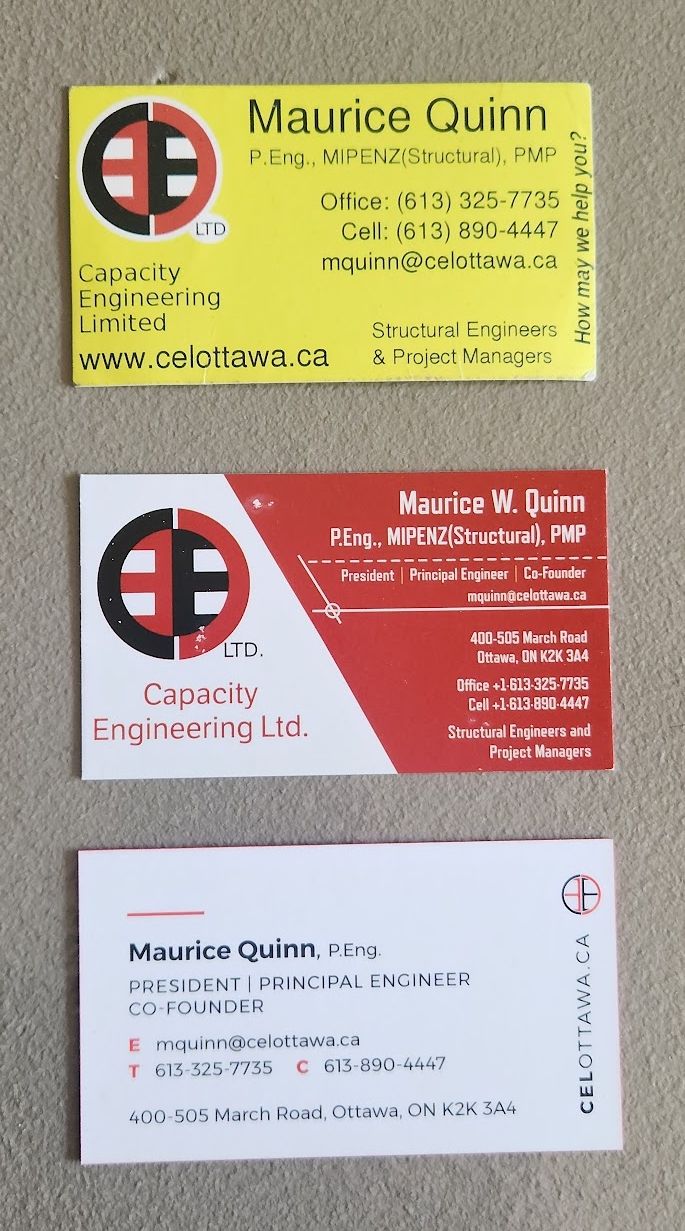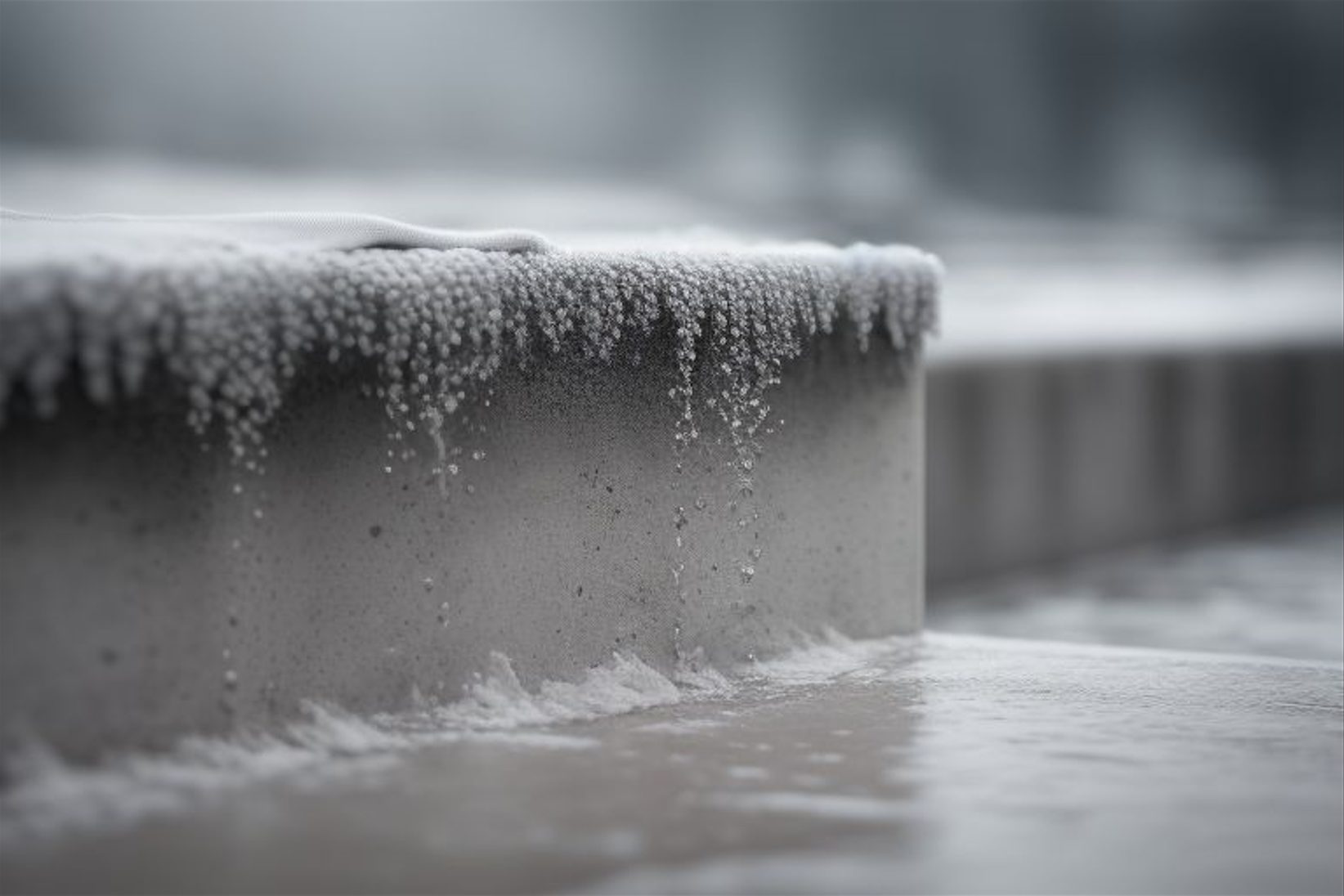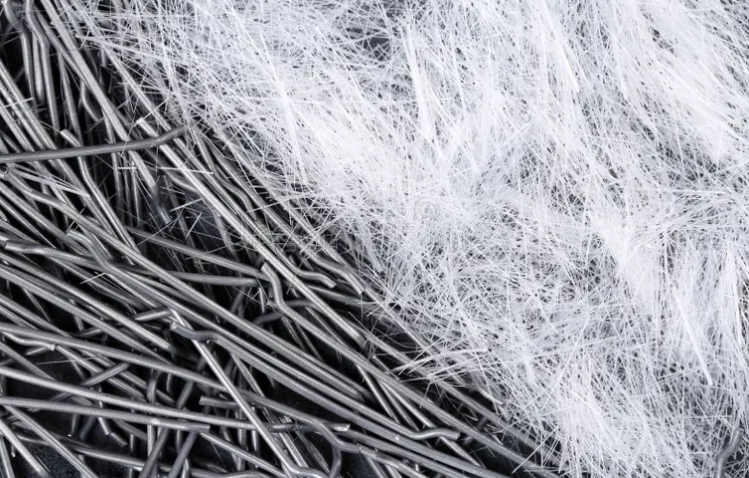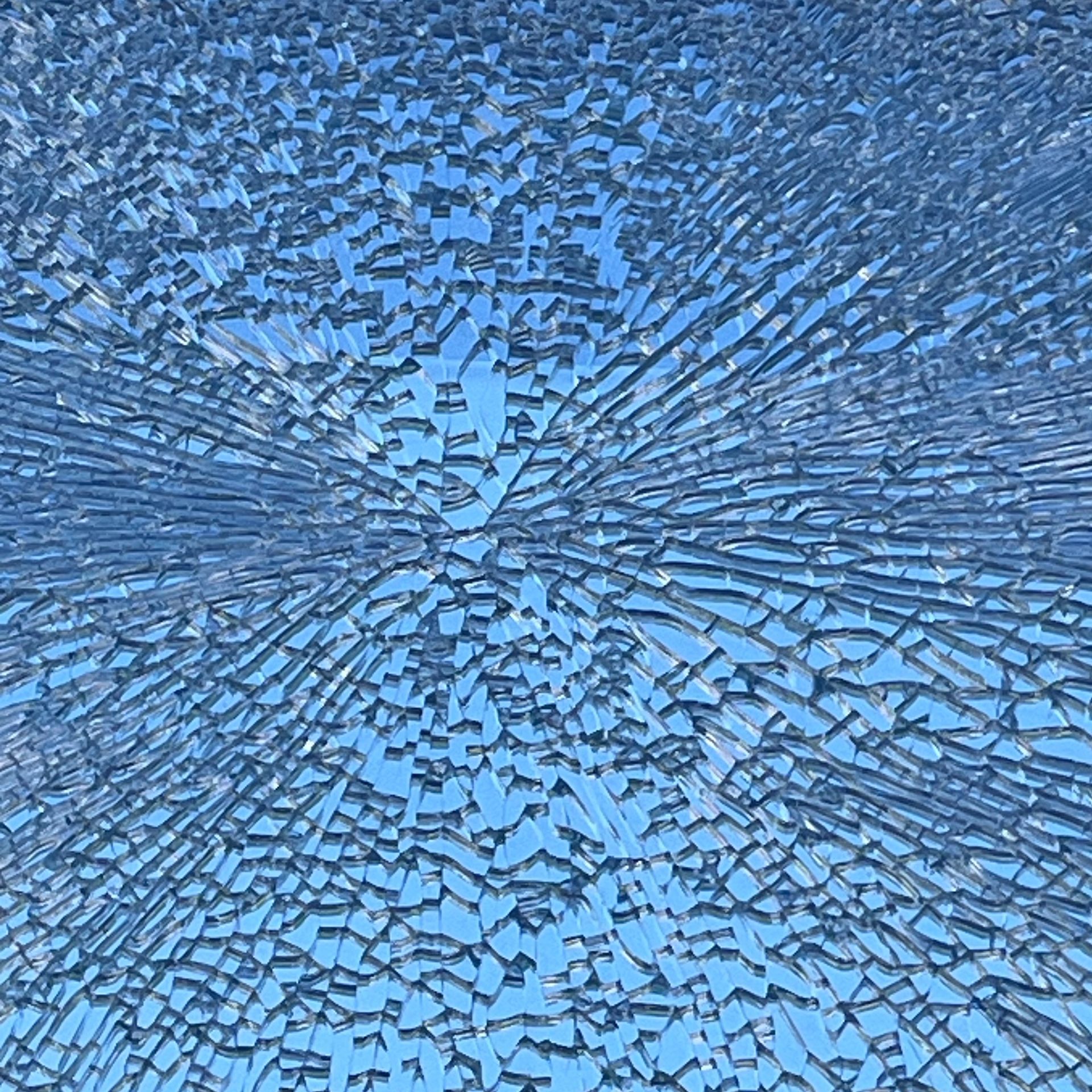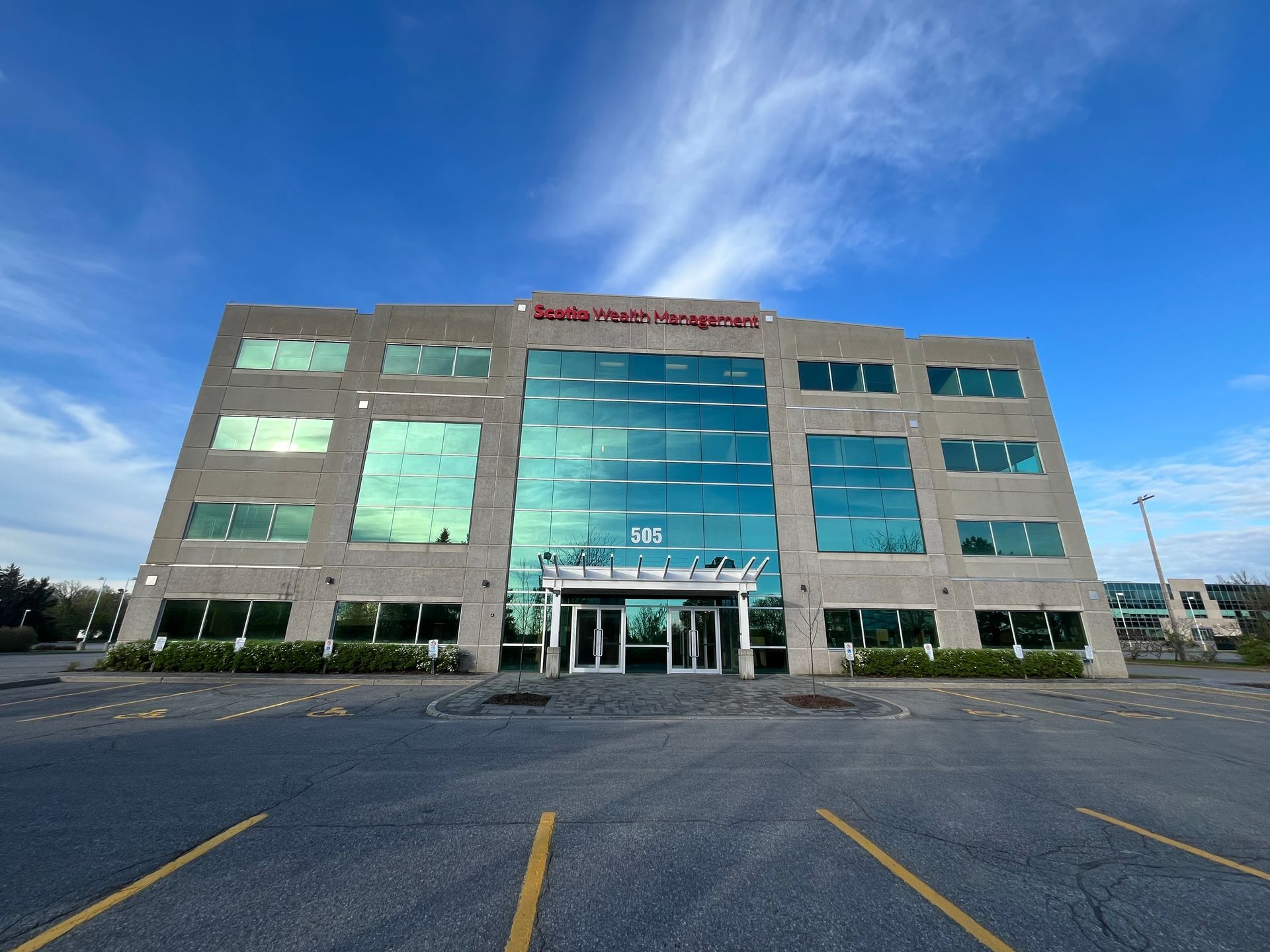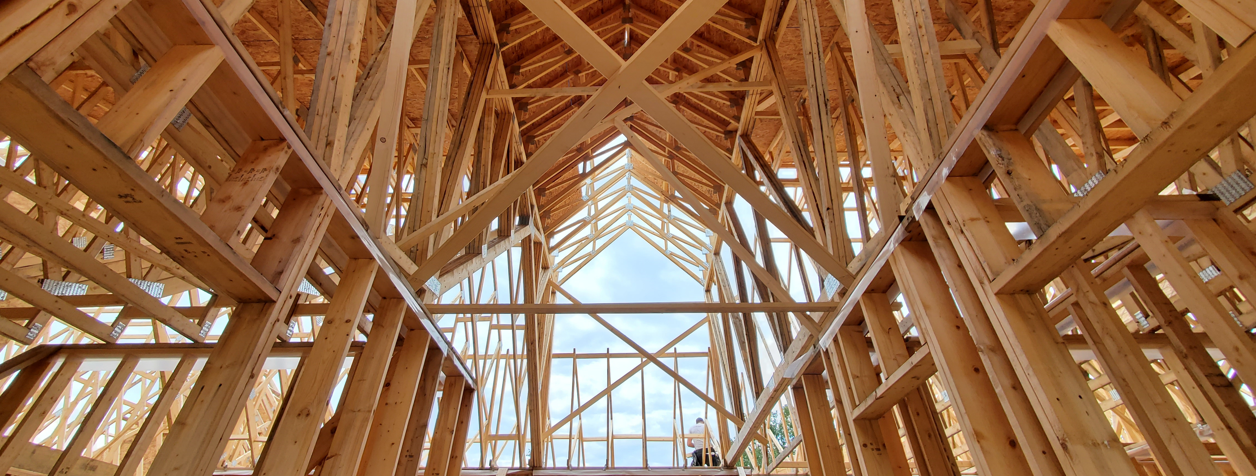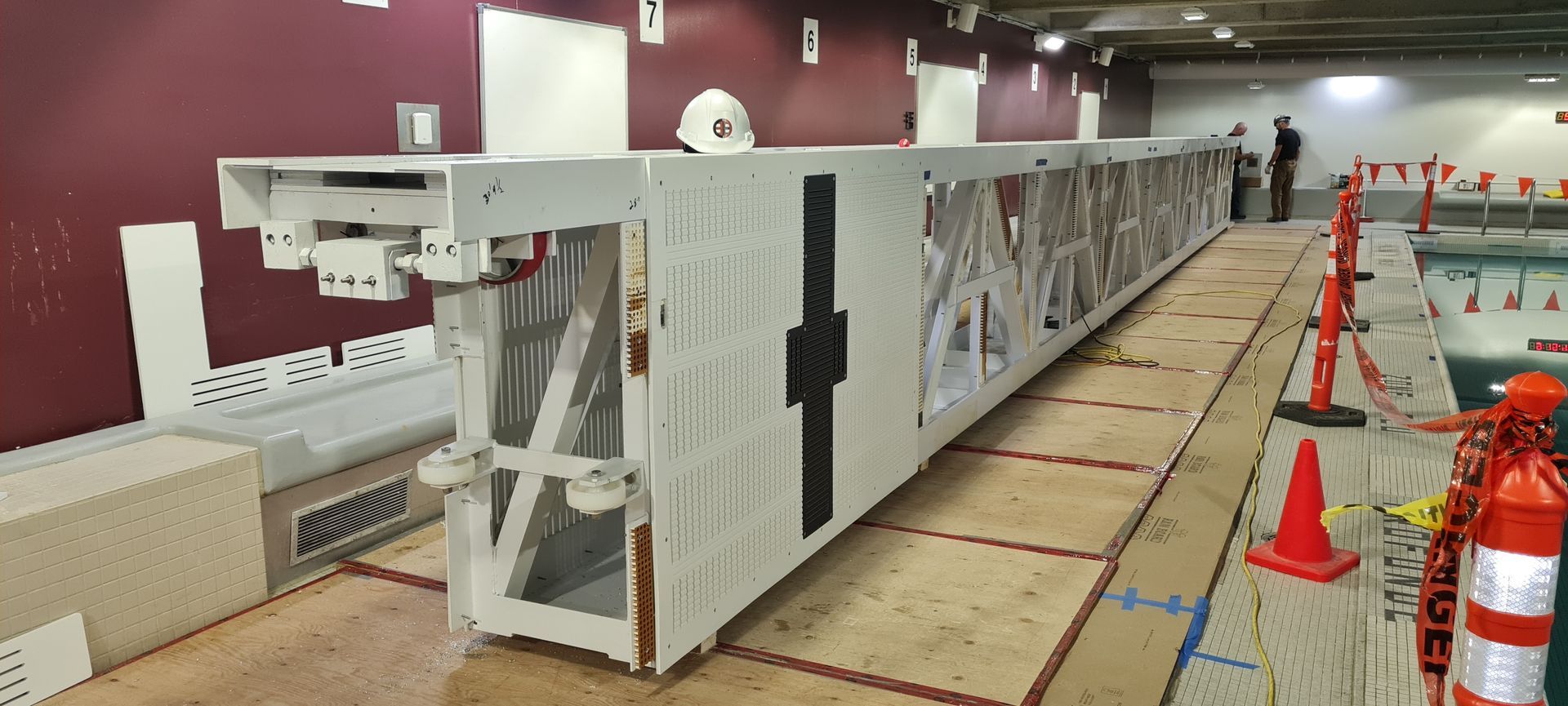Special Assessments in Condominums
Bad News Early Is Better Than Bad News Late
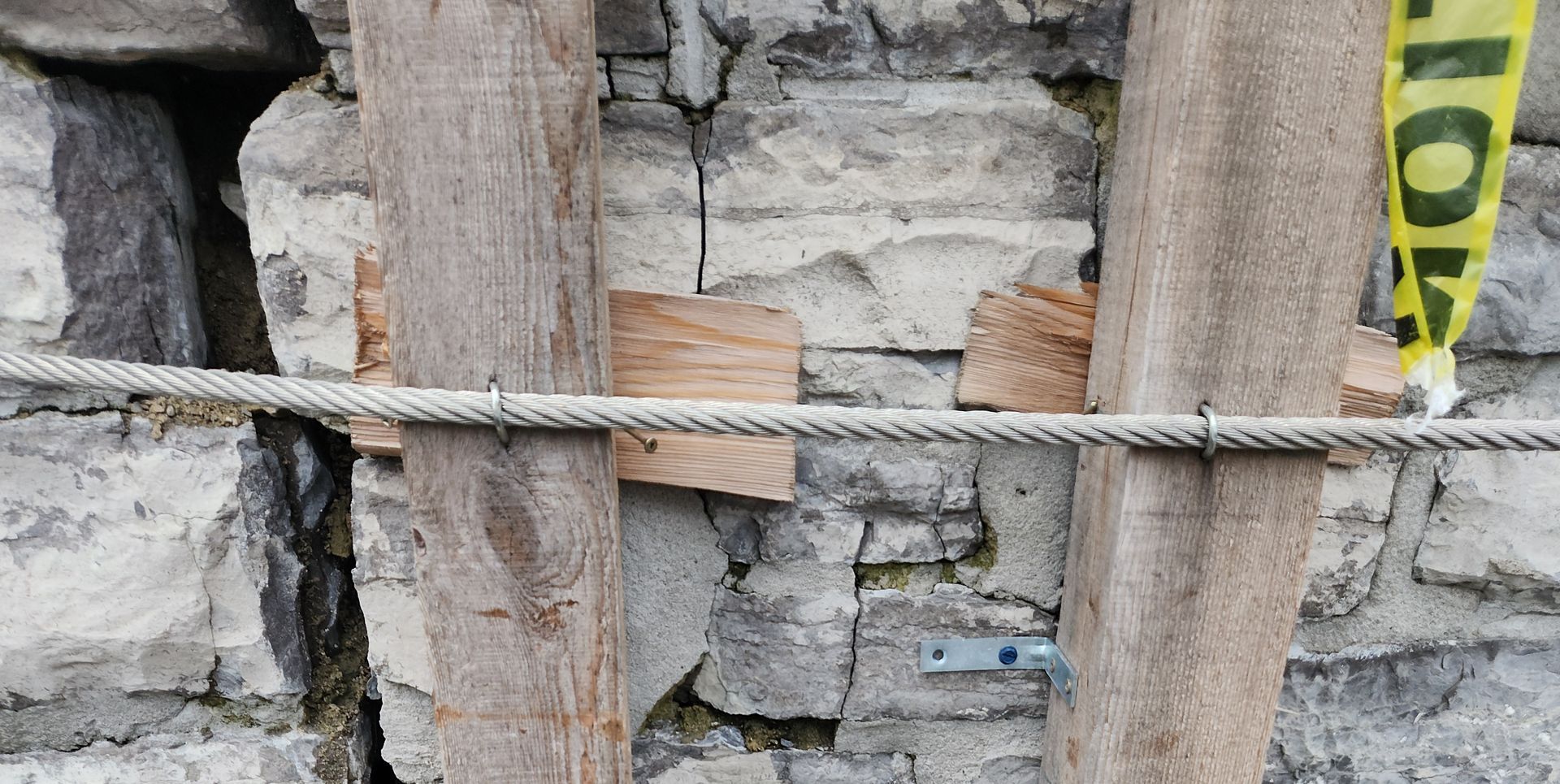
Two percent. The maintenance and upkeep of a property will cost two percent of current value, on average, as a minimum, per year. Whether you own your own home, or are part of a Co-Tenancy, or live in a Condo, our experience has taught us that two percent of property value per annum is an unavoidable expenditure on maintenance and, with time, lifecycle renewal. Quality is no object either: It doesn't matter if your home consists of track home builder grade quality purchased in a lovely mid-rise stack or an entirely Italian Marble lined entranceway multimillion dollar tower with a unit purchased for seven figures; the cost of upkeep tracks with the value of the asset. When the re-investment into the asset stops, the rot begins to set in, and the building (as well as often the neighbourhood) begins to deteriorate. Large and small, the rehabilitation and upkeep requirements never stop, and deterioration never sleeps. Time marches on, and the investments must be made unless the asset is to be permitted to degrade.
The Nile is a river in Egypt, while
denial is a mistake we make all too often. A recent article concerning condominium Special Assessments has raised the specter of huge unforeseen costs associated with owning condominiums, and may well have scared some current condominium owners as well as potential future buyers. The reality is that a well-run condominium is often a far less troublesome place to live than a single-family home or other freehold. Condominiums should be thought of as a long term all-inclusive but be honest; would you not read the reviews or converse with friends before booking a hotel for a vacation longer than a week? For condominiums, these reviews and recommendations are called the
Status Certificates,
Reserve Fund Studies, and sound
advice from the right
Professional Engineers and Property Managers. If you are in the market, it is good practice to always ask for them documents, and search the reviews from current owners about their experiences.
Now, for those already invested in condominiums, heed these words: get involved. Do not trust that condominium corporations operate without hitches. This applies equally to Co-Tenancy properties (i.e.: freeholds sharing some property elements). Do not wait until there is Home Owners Association madness or a large Special Assessment. Get involved, read the documents, review them in detail, and ask all of your questions. It is better to receive bad news earlier rather than later; the more informed one is, the more prepared one can be.
At their core, Reserve Fund Studies (RFS) serve as a detailed roadmaps that permit condominium corporations to financially prepare themselves for large upcoming restoration projects as well as any replacement of common elements shared by the condominium owners, as defined in their declaration. Legally required by law, as set-out in the Condominium Act, 1998, a study is conducted every three (3) years to ensure that condominium corporations are well-enough funded to cover these often-heavy costs, while maintaining enough funds to keep the complex operating regularly year-to-year.
Appropriately, as with any financial management plan, it is imperative that Reserve Fund Studies be considered with care. Granting that, while nigh impossible to project fifty (50) years into the future what the cost would be to repair or replace “X” common element, the site assessments commonly undertaken by engineering firms when performing these studies are key to establishing a sound foundation on which the timing of these projects are based, as well as the scope of work that is required to remain up to code. The projected costs that are estimated based on the scope and relevant material and labour rates aid in drafting up a financial analysis that best coordinates the projects, keeping condominium owners’ safety in mind, both physically and financially. However, this isn’t always possible.
In some cases, condominium properties that prolong some of these essential repair works - or draw away from the recommended plan of the previous studies - reach a point where they can prolong no longer. This results in unfavourable scenarios where funding through the Reserve Fund solely is not possible, thus raising the concerns for Special Assessments – in other words, the bad news.
Some engineering firms, such as CEL, work extensively with a wide team of experts to ensure that Reserve Funds stay above a minimum of $50,000 in any given year to avoid Special Assessments wherever possible. If unavoidable, we lay out the plans that mitigate the financial set-back that condominium owners will bear in these circumstances, but not all firms put in the same care we do for our condominium clientele.
Rightfully so, condominium owners and management companies live in fear of the words “Special Assessment” since no one wants to pay additional fees on top of their usual fees. However, if handled correctly and with the amount of care that all licensed Engineers should uphold when reviewing these studies, these assessments can be delivered with ample warning, and with the right contribution increases, can be avoided entirely.
There is nothing more heartbreaking for our firm than reading about a condominium facing a huge special assessment that might well have been avoided. Was it possible that a huge special assessment wasn't necessary at all, could it have been spread out differently, could it have been based on better pricing and an alternative strategy? This isn't a zero sum game, it is a sport and you may well not have the winning team on your side. Ask. Demand good answers. If your condo does not have a substantial reserve fund (ie: five figures per unit) ask why. Know why. Dig, and get the right answers. Protect your investment: Common Elements are your elements as much as anyone else's, and they represent very real and costly assets to maintain. Let's look at a simple analogy, at least a magnitude lower in impact: You wouldn't let a committee decide when you deserve a new TV any more than you should let anyone plan for your property's future without your input. Don't be sitting in front of a black and white floor model with no idea that there are alternatives, and no idea when it might break; it could well be tomorrow, and the new units run into the thousands.
